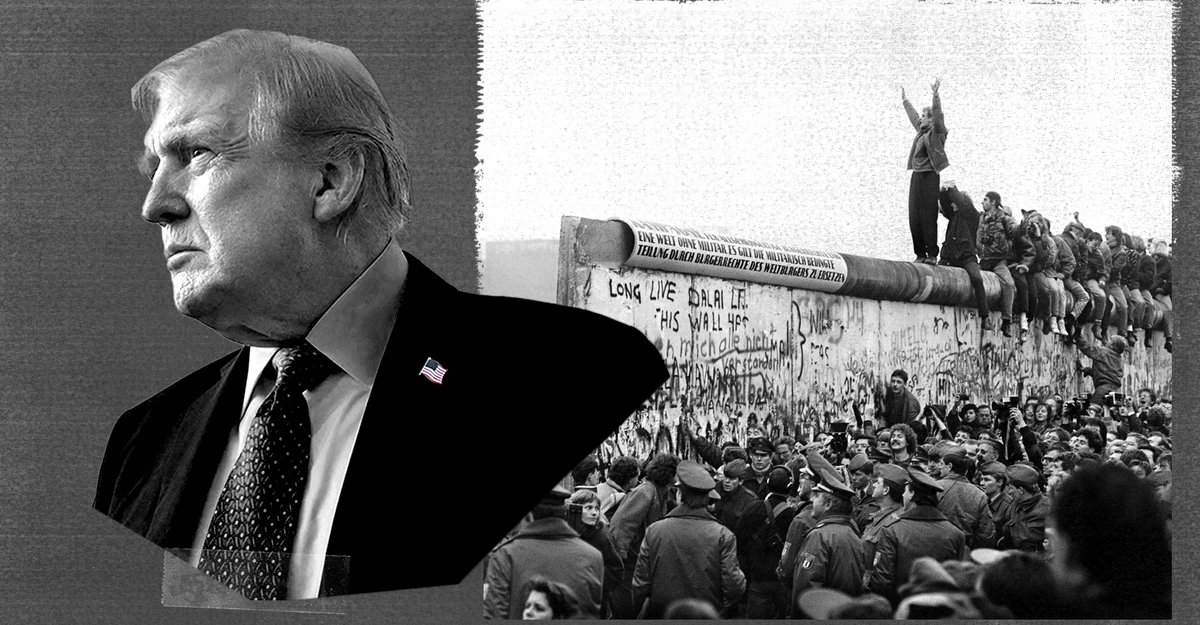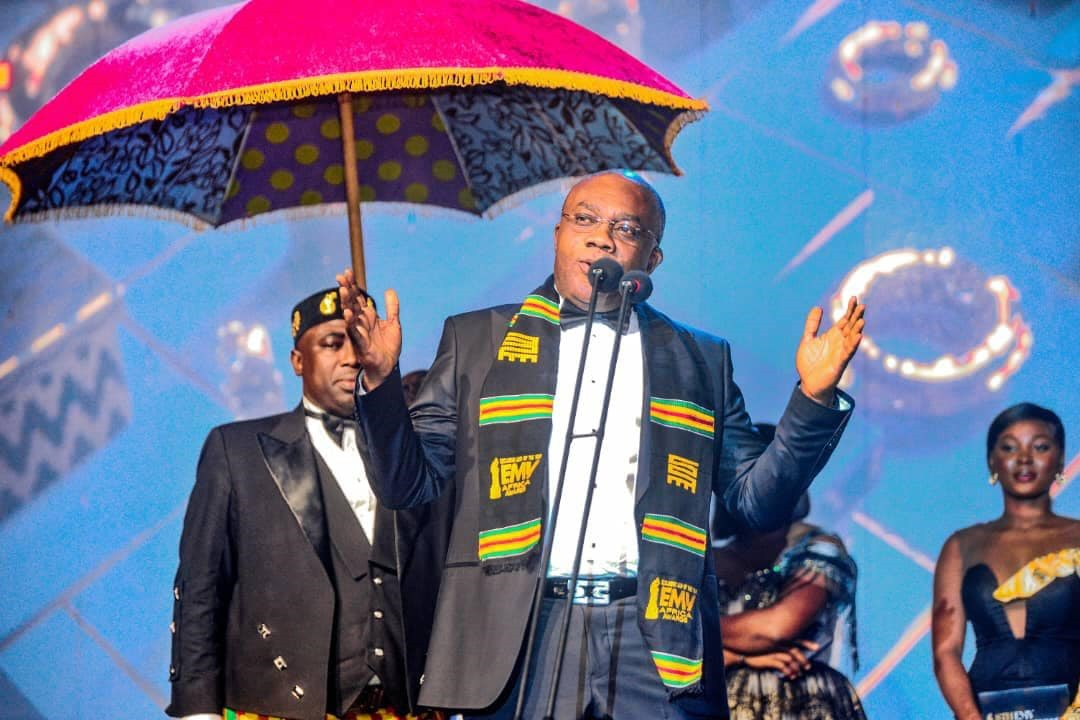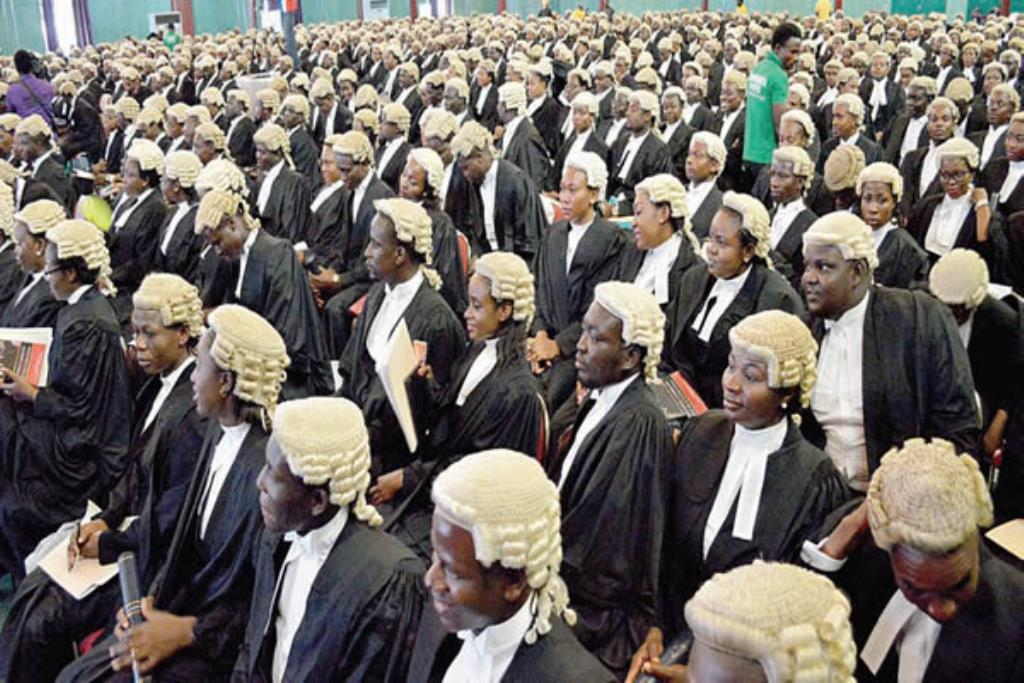Copyright The Atlantic

In less than a year, President Donald Trump has drained many of the most important sources of American power. He is unwinding the country’s alliances, degrading its principles, walling off its economy, and subverting international institutions that serve its interests. The speed of the onslaught has made grasping all of its perils nearly impossible, especially as China and Russia pose a growing threat to the United States. But if you want to begin to see how much Trump has eroded America’s ability to win today’s great-power competition, consider the last one. The United States won the Cold War for at least four major reasons: It built stronger partnerships than the Soviet Union did. It championed ideas about democracy and human rights that the world found more compelling than the Kremlin’s communism. It bolstered a global financial order that advanced American goals. And its open economy outperformed the Soviet Union’s closed one, allowing the U.S. to support a superior military. Today America faces a different kind of Cold War, one in which China plays a bigger role than Russia. But these same four pillars will almost certainly determine the outcome. A prudent leader would reinforce them; Trump is bulldozing them. Perhaps no single day mattered more for America’s ultimate triumph in the Cold War than April 4, 1949. That afternoon, the U.S. joined Canada and 10 European countries in signing an agreement establishing NATO, the most powerful military alliance in the world. NATO members didn’t always agree—internal disputes erupted throughout the Cold War—but the organization played a vital role in maintaining American power as well as peace in Europe. The alliance’s pledge to counter an attack on any member kept the Soviet Union from daring to launch one. Soon after NATO’s formation, the U.S. signed security treaties with several Asian nations and, some years later, co-founded the Southeast Asia Treaty Organization. Like NATO, these partnerships didn’t guarantee comity. (SEATO dissolved well before the end of the Cold War.) But they allowed America to project power in Asia, providing a necessary check on Soviet and Chinese ambitions in the region. The alliances that America formed in the 20th century will be essential for competing with China and Russia in the 21st. Trump, however, is fracturing them. Within weeks of returning to the White House, the president sparked needless divisions among NATO’s founding members, threatening to annex Canada and acquire Greenland from Denmark. Likewise, he promised to “take back” the Panama Canal and “take over” Gaza. Imperialist statements like these undermine the basic principle of sovereignty that NATO has pledged to protect, and provide cover for Russian leader Vladimir Putin and Chinese leader Xi Jinping, who have designs on annexing neighbors. Indeed, Trump’s administration joined with North Korea, Nicaragua, Belarus, and other dictatorships in February to vote against a UN resolution condemning Russia’s invasion of Ukraine. Even China abstained rather than oppose the resolution. Trump may talk like a colonialist, but he’s mostly doubled down on the isolationist policies of his first term, withdrawing from international groups (such as the World Health Organization) and agreements (such as the Paris climate accords) that once reinforced American soft power. The president has also signaled a retreat from the World Trade Organization and the United Nations. Trump’s so-called withdrawal doctrine contradicts the policies of Cold War presidents, who worked through these organizations to erect a united front against the Soviet Union. In February, Vice President J. D. Vance further damaged America’s ties to Europe. Speaking at the Munich Security Conference, Vance claimed that the biggest threat to the continent came not from Russia or China but from the supposed censorship of its own leaders. I was there; European officials were shocked and insulted. Some even predicted that the transatlantic alliance among democracies was coming to an end. Soon after, officials in the Trump administration hinted at plans to withdraw thousands of American soldiers from Europe, fueling speculation about the death of NATO. Trump’s scolding of Ukrainian President Volodymyr Zelensky in the Oval Office in February and his red-carpet embrace of Putin in August only aggravated these concerns. No alliance can survive if its members constantly worry about its demise. U.S. partnerships in Asia have remained comparatively stable, but anxiety abounds there, too. On a visit to Taiwan in March, I heard from many senior government officials and business leaders who feared that Trump isn’t committed to their security. Trump isn’t just alienating America’s allies; he is also degrading its ideals. During the Cold War, the U.S. modeled democratic governance, defended human rights, and upheld the rule of law. By contrast, the U.S.S.R. enforced one-party Communist rule, purged opponents, and censored dissent. Most of the world found the American political vision the more compelling of the two. American democracy was flawed, of course: McCarthyism led to a prolonged period of illiberalism, and the U.S. sponsored authoritarian groups in Africa, Asia, Latin America, and the Middle East. Moreover, the Soviet Union accrued its share of fellow travelers. Communists took power in China in 1949; in the 1970s, Marxist-Leninist revolutionaries seized power in Southeast Asia, southern Africa, and Nicaragua. By the end of the Cold War, however, more nations and more people supported America’s model. This was a triumph of soft power. Organizations such as USAID, Voice of America, Radio Free Europe, the National Endowment for Democracy, and the Fulbright Program nurtured liberal-democratic values in numerous countries that came to see America as an admirable global leader. Now Trump is dismantling many of these institutions. His administration radically reduced funding to USAID, folding what was left of the agency into the State Department and eliminating its mission to advance democracy. At the same time, the White House has slashed the budget of the State Department’s Bureau of Democracy, Human Rights, and Labor, terminating hundreds of grants and contracts for organizations around the world that champion human rights, self-governance, independent media, and the rule of law. Cuts have also come for the Fulbright Program as well as the U.S. Agency for Global Media and the groups it supports, including Voice of America, Radio Free Europe, Radio Free Asia, and outlets that broadcast in repressive states such as Iran and Cuba. As American soft power dwindles, China and Russia are enhancing their instruments of influence abroad. Through its Belt and Road Initiative, China has invested in a set of countries that represents nearly 75 percent of the world’s population—a proportion that continues to grow. Meanwhile, Beijing and Moscow are expanding their networks of international media organizations, and funding NGOs that push anti-democratic propaganda to an ever-greater share of the globe. For now, democracy remains more popular than dictatorship—a significant advantage for America that Trump is squandering. He has weakened the judicial branch, imperiled the rule of law, and degraded the very idea of human rights. As a result, the world’s most prominent symbol of democracy is undergoing its gravest constitutional crisis since the Civil War. Trump is likewise demolishing the liberal economic order. In the mid-20th century, several international organizations emerged that fostered trade and cooperation among democracies. These included the International Monetary Fund, World Bank, and the General Agreement on Tariffs and Trade, a precursor to the WTO. Buttressed by the U.S. dollar and American financial institutions, the countries within this system generally became more prosperous during the Cold War. By contrast, the Soviet Union and its economic partners, who were excluded from it, fell behind. South Korea outperformed North Korea; West Germany grew richer than East Germany; and the United States outpaced the U.S.S.R. The relative poverty and disunity of the Soviet sphere hastened its collapse. After the war, the West expanded the liberal economic order too quickly and consequently began to weaken it. In 2001, for example, the WTO admitted China even though Beijing wasn’t committed to its laws and norms, a decision that punished factories and workers in developed countries, including the United States. The proper remedy for these mistakes, however, is not to tear down the economic order but to reform it and create new institutions, just as the West did during the Cold War. China has already used this strategy for its own ends, creating and co-founding organizations that have united autocrats, such as the Shanghai Cooperation Organization, the Regional Comprehensive Economic Partnership, and BRICS. Trump has taken the opposite tack: He is distancing America from the groups that facilitated the expansion of global capitalism in the previous century. Additionally, his administration has imposed new tariffs on nearly every country in the world, penalizing the economic exchange that helped the West prevail in the Cold War. The announcement of the tariffs was marked by little discernible thought and maximal confusion, which kept their intended targets from mounting any kind of informed response. Such erratic policy making in turn undermined the American dollar and the international system that depends on it. Trump’s assault on the global financial order represents only part of the danger he poses to the U.S. economy. His tariffs have not done significant damage—at least not yet—but he has hampered America’s long-term economic competitiveness. During the Cold War, the U.S. military outmatched the Red Army largely because American capitalism outperformed Soviet communism, facilitating greater investment and innovation. America could not have sustained its economic and military superiority without scientific, technological, and bureaucratic expertise. Trump is now assailing these capabilities, not least with his sweeping cuts to the universities that train specialists and fund research integral to American might. At the same time, Trump has purged the federal government and military of some of its greatest talent, even as he’s rightly signaled a commitment to increase defense spending. His administration dismissed experienced generals without explanation, asked diplomats to retire early, gutted the Department of Education, and forced mass layoffs across agencies by reducing budgets. The hardest-hit employees were the youngest, many of whom are unlikely to return to public service. These initiatives are inspired, in part, by the conviction among Trump and his allies that the U.S. government needs to eliminate waste and improve efficiency. They are right, but heedless cuts won’t achieve either end. Instead, they will threaten the basic functions of the state, without which no country can maintain economic growth. Despite the short-term harm Trump has done, the democratic world retains many long-term advantages from the 20th century. America and its allies wield more collective military power than China, Russia, North Korea, and Iran. And they’re richer: Nine of the 10 largest economies are democracies. (China is the only exception.) In addition, democracies house a large majority of the world’s best universities and most valuable companies. Public-opinion polls show that most people around the world still prefer democracy to dictatorship. These advantages are indispensable in today’s great-power competition, but they won’t sustain themselves. The Cold War shows how America can preserve its primacy. Trump seems determined to throw it away.



